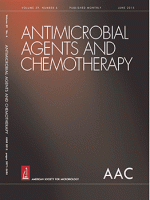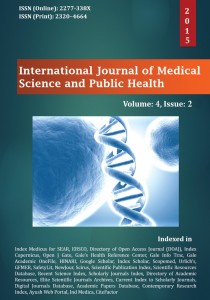 A report that presents guidelines for treating people allegedly harmed by signals from Wi-Fi and mobile phones was pulled two weeks after publication for plagiarism.
A report that presents guidelines for treating people allegedly harmed by signals from Wi-Fi and mobile phones was pulled two weeks after publication for plagiarism.
However, the retraction note, published in the March issue of Reviews on Environmental Health, doesn’t use the word “plagiarism,” and instead blames the move on lost citations and errors. The editor of the journal, David Carpenter, told us the report — which takes the controversial stance that WiFi can cause harm to some people — was retracted because “major sections of it had been taken directly” from another source, without reference.
The journal didn’t catch the plagiarism because it didn’t send the report out for peer review, Carpenter said:
[W]e didn’t subject the article to the full peer review that is applied for all other submissions, and that always include an on-line search for plagiarism.
The reason, Carpenter told us: the paper “was the outcome of a large committee.”
Here’s the retraction note for “EUROPAEM EMF Guideline 2015 for the prevention, diagnosis and treatment of EMF-related health problems and illnesses:”
Continue reading “A big mistake:” Paper about the dangers of Wi-Fi pulled for plagiarism









